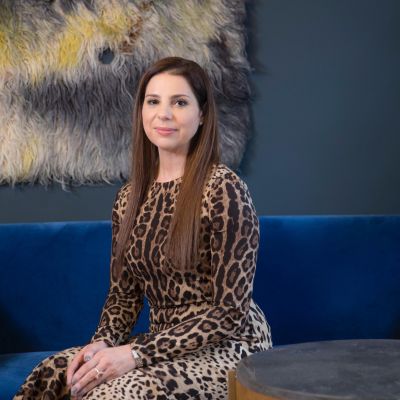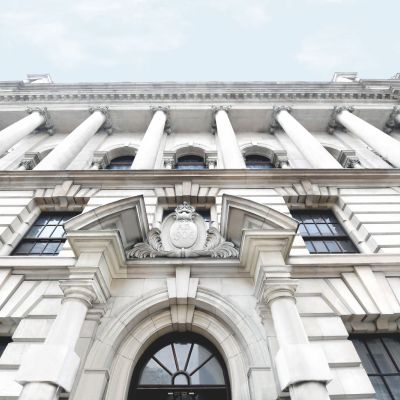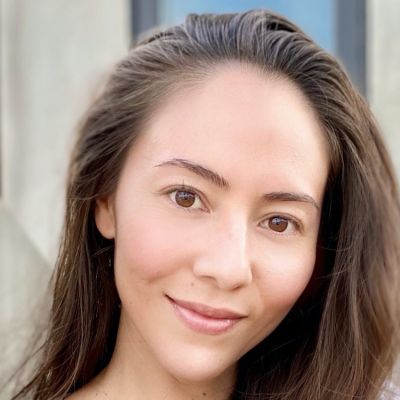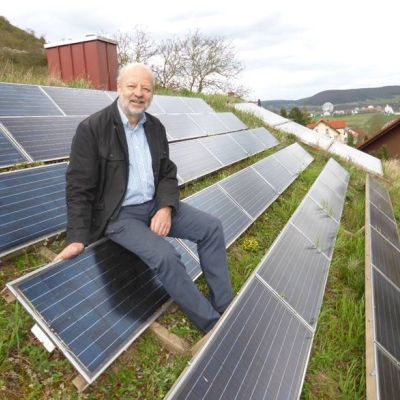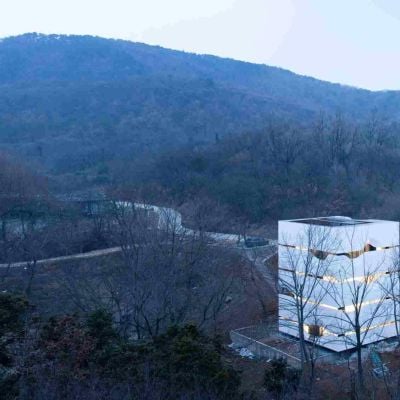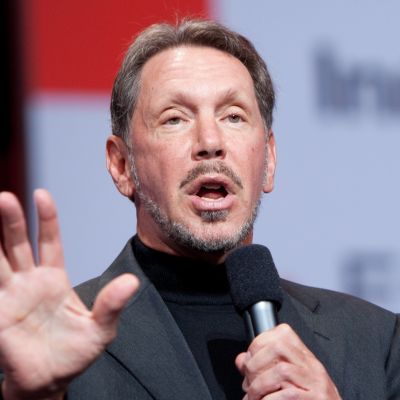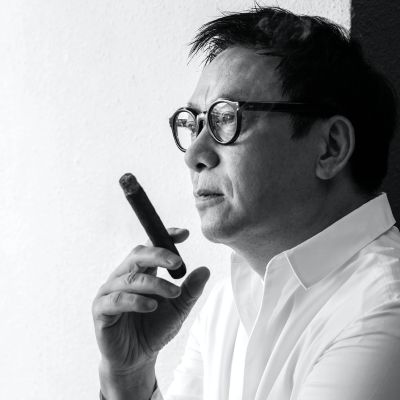Louder Than Words
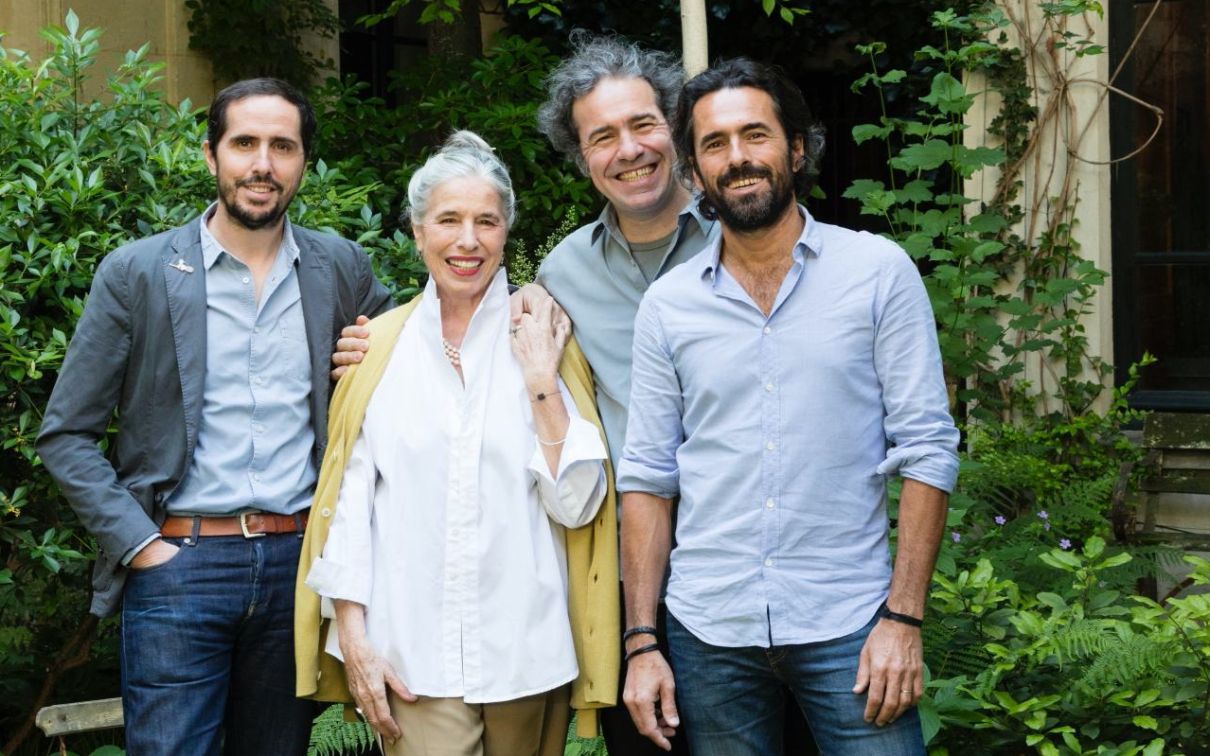
France's Cohen family is intent on a bold vision of giving back.
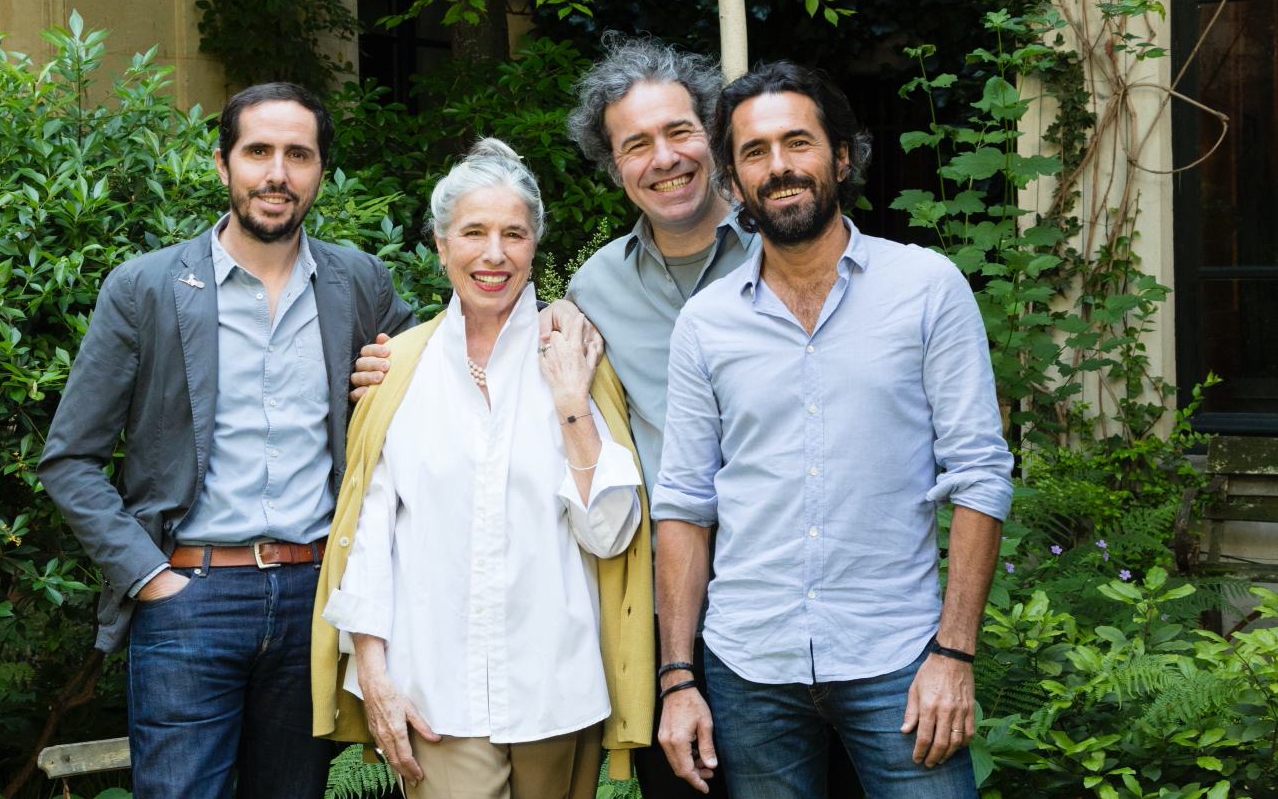
Beyond the success of children’s luxury clothing brand Bonpoint, the Cohen family wanted a life where improving working conditions was integral to business. After selling Bonpoint, it wanted to continue creating and giving back more. It launched the Merci concept store, where all profits generated trickled down to create schools in Madagascar through the Merci endowment fund.
We sat down with Marie-France Cohen, the visionary mind behind Bonpoint; her son Julien, a restaurateur overseeing an agro-ecological farm project; and Chloé Freoa, acting manager of the fund.
Can you describe how being of service and giving back evolved as part of your work ethic?
Marie-France Cohen: We had worked with women in Madagascar for decades. We knew how kind, gifted and poor they were. Some were so committed to weaving that they fell asleep on their loom. Many came with their small children, who spent the day at the factory. We started building a local day-care centre to look after small children. We provided eye tests and glasses to those embroidering; none of them could afford the test, nor the glasses. We started building trust, creating a protective work environment. Beyond the clothes, we were known for our values, the way we cared; we were a family.
How did creating the Merci endowment fund come about?
Marie-France Cohen: Our first motivation was always what would make us happy after a life committed to Bonpoint. My husband and I weren’t going to retire nor lead an idle life; we needed the next chapter to be meaningful. We knew how to create, bring people together, and we had always been able to look ahead. What if we gave back all that we were given in this life? For me, the sum of happiness was to imagine a creative concept that would not enrich us, but others. We, family members, worked for free, invested in the structure, treated our employees well, and gave life to second-hand objects. As for the profits, if we made any, they would all be directed towards schools in Madagascar.
Julien Cohen: I would add that my parents’ gift was to be talented creative entrepreneurs. You can find many charity businesses but very few are based on sole creativity. At Merci, the atmosphere was exceptional, the concept edgy and fashionable. They ran a non-profit like a normal business.
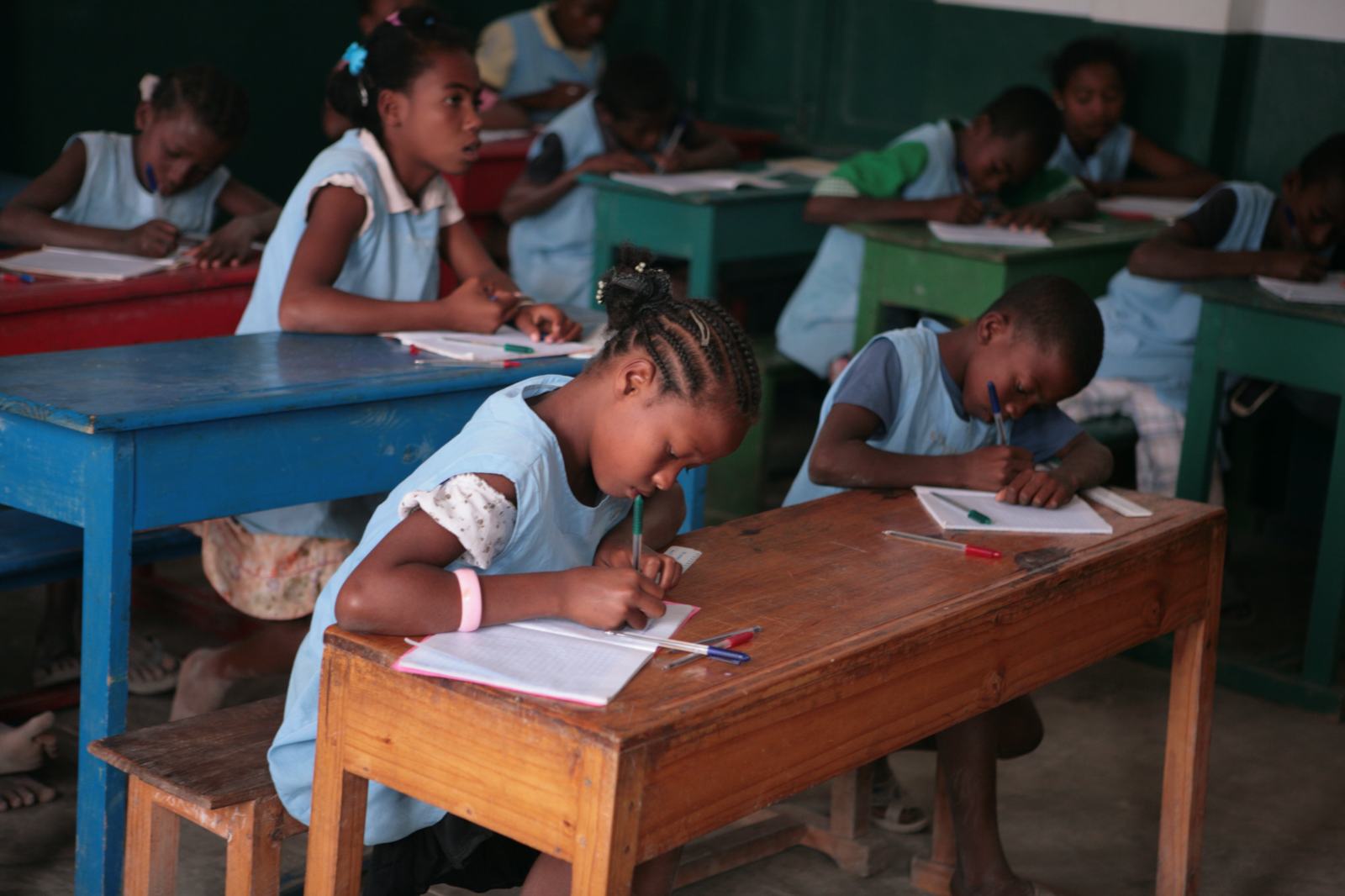
Your involvement in Madagascar has been quite a success story.
Marie-France Cohen: The success isn’t only ours. We partnered with Yves Cohen, founder of ABC Domino, an NGO that builds schools in Madagascar. He is an extraordinary humanist. We shared the same vision but, on a day-to-day basis, he dealt with construction, personnel and management. Without him, there would have been no schools.
Julien Cohen: Today, six primary schools, two middle schools and one high school welcome 3,600 children in total. So yes, it has been an amazing success story. When we started investing in the schools in 2010, there were only two, with no water or electricity. Eleven years, and €1.2 million later, one of the poorest, arid, regions in the world has some of the best school results in Madagascar. The same goes for the six canteens we created. When we first arrived, we watched four-to-five children sharing a mango. Today, with the help of the World Food Programme, all children are fed daily and water wells have been dug. We’ve also put a lot of effort into bringing extracurricular activities to the children: sport grounds were built; a vegetable garden was planted; and sewing classes implemented. Today, we are looking at a hospitality project to best accompany our first graduates.
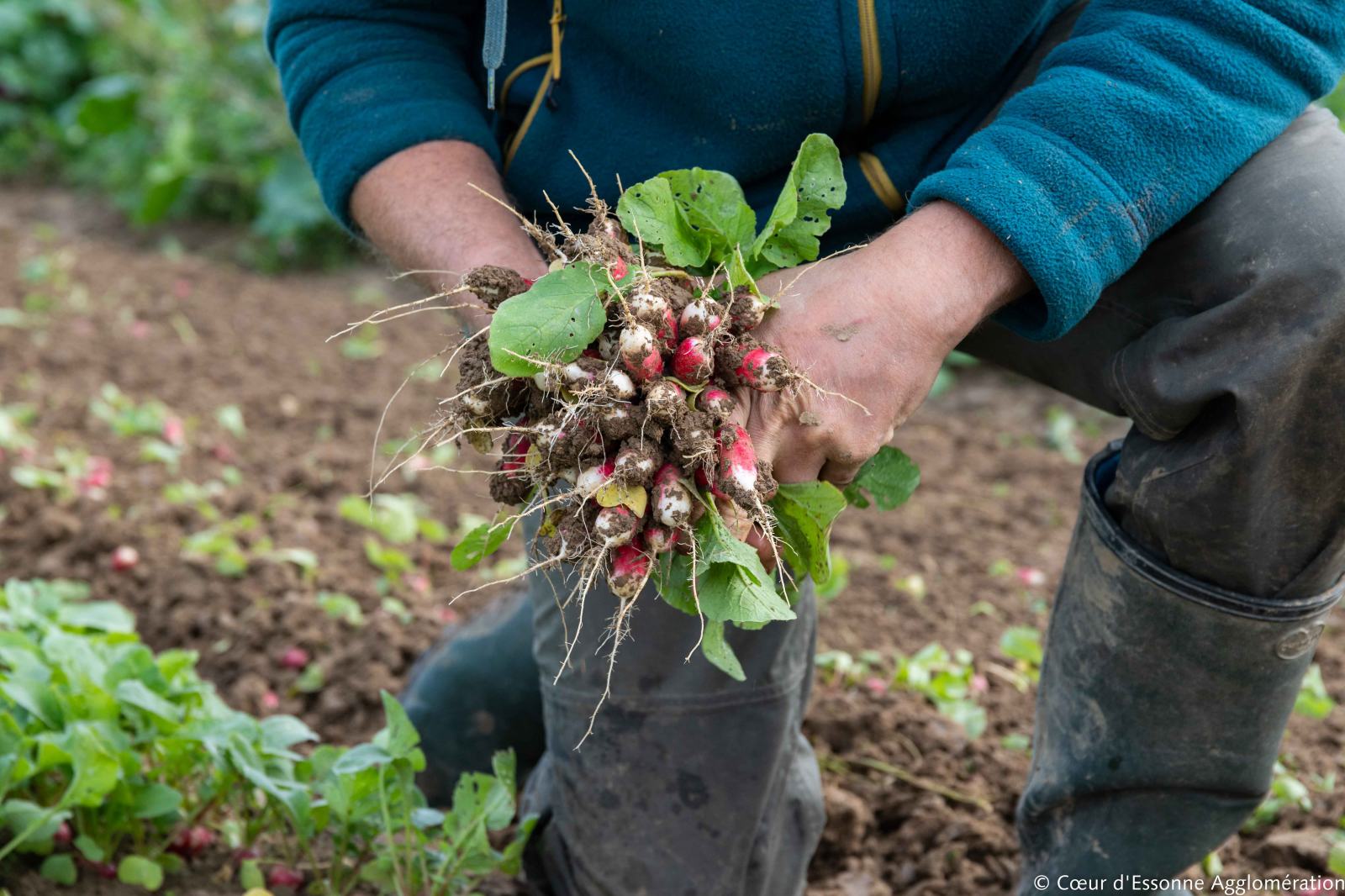
Closer to home, near Paris, the 56-hectare Ferme de l’Envol is an agro-ecological farm. Why invest in this project?
Julien Cohen: I am a restaurateur at heart, passionate about what comes from the soil. My parents worked in fashion, I wanted to bring my own imprint. When you think about it, there is a coherence from one project to the next. Ferme de l’Envol is also about education and feeding well. If my parents sourced beautiful fabrics, I source and grow heirloom products. It’s all about going back to the land, being a responsible restaurateur, bringing healthier ideas forward, and believing in tomorrow’s agriculture. The endowment fund was a real tool to tie together my life as an entrepreneur and philanthropist. At the farm we look how to transform agriculture to have a positive impact on the soil and people in the long run.
How did your refugee project come about?
Marie-France Cohen: I welcomed a young Afghan refugee into my home. The moment I did, the issue became a reality and I learnt a lot from helping. How can we not help persecuted minorities?
Chloé Fréoa: Horizon is a project launched by all four family members. They wanted to act on this highly political subject for which no one seems to have any solution. In many French regions, small villages are losing ground, so we helped the refugees settle, find a job, contribute with their work skills and put their children into school. Horizon is a hospitality project in the broad sense, which, if successful, could be replicated all across France and Europe.
Is there a global vision for the Merci endowment fund?
Chloé Fréoa: As of now, we are funding everything on the money generated by sales from the Merci concept store but in a few years’ time we will need more funding. Today, we are a creative laboratory, looking for solutions to problems and creating projects where they can be implemented. With three projects, in three different spheres, we can cross-reference skills, networks and donors. We are creating opportunities and solutions; we just need people to be bold.
Marie-France Cohen: How does one get bold? By doing rather than speaking. Whatever the means, anyone can act. Let’s speak less and act more!
This article originally appeared in Billionaire's Hope Issue, Spring 2021. To subscribe contact


